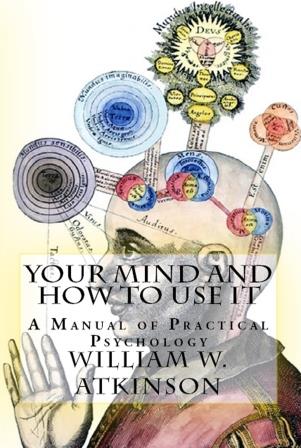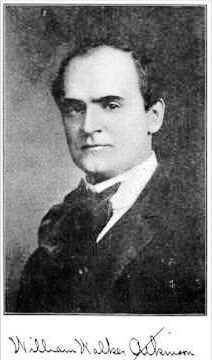PSYCHOLOGY is generally considered to be the science of mind, although more properly it is the science of mental states—thoughts, feelings, and acts of volition. It was formerly the custom of writers on the subject of psychology to begin by an attempt to define and describe the nature of mind, before proceeding to a consideration of the subject of the various mental spates and activities. But more recent authorities have rebelled against this demand, and have claimed that it is no more reasonable to hold that psychology should be held to an explanation of the ultimate nature of mind than it is that physical science be held to an explanation of the ultimate nature of matter.
The attempt to explain the ultimate nature of either is futile—no actual necessity exists for explanation in either case. Physics may explain the phenomena of matter, and psychology the phenomena of mind, without regard to the ultimate nature of the substance of either.
The science of physics has progressed steadily during the past century, notwithstanding the fact that the theories regarding the ultimate nature of matter have been revolutionized during that period. The facts of the phenomena of matter remain, notwithstanding the change of theory regarding the nature of matter itself.
Science demands and holds fast to facts, regarding theories as but working hypotheses at the best. Some one has said that "theories are but the bubbles with which the grown-up children of science amuse themselves."
Science holds several well-supported, though opposing, theories regarding the nature of electricity, but the facts of the phenomena of electricity, and the application thereof, are agreed upon by the disputing theorists. And so it is with psychology; the facts regarding mental states are agreed up-on, and methods of developing mental powers are effectively em-ployed, without regard to whether mind is a product of the brain, or the brain merely an organ of the mind.
The fact that the brain and nervous system are employed in the phenomena of thought is conceded by all, and that is all that is necessary for a basis for the science of psychology.

































